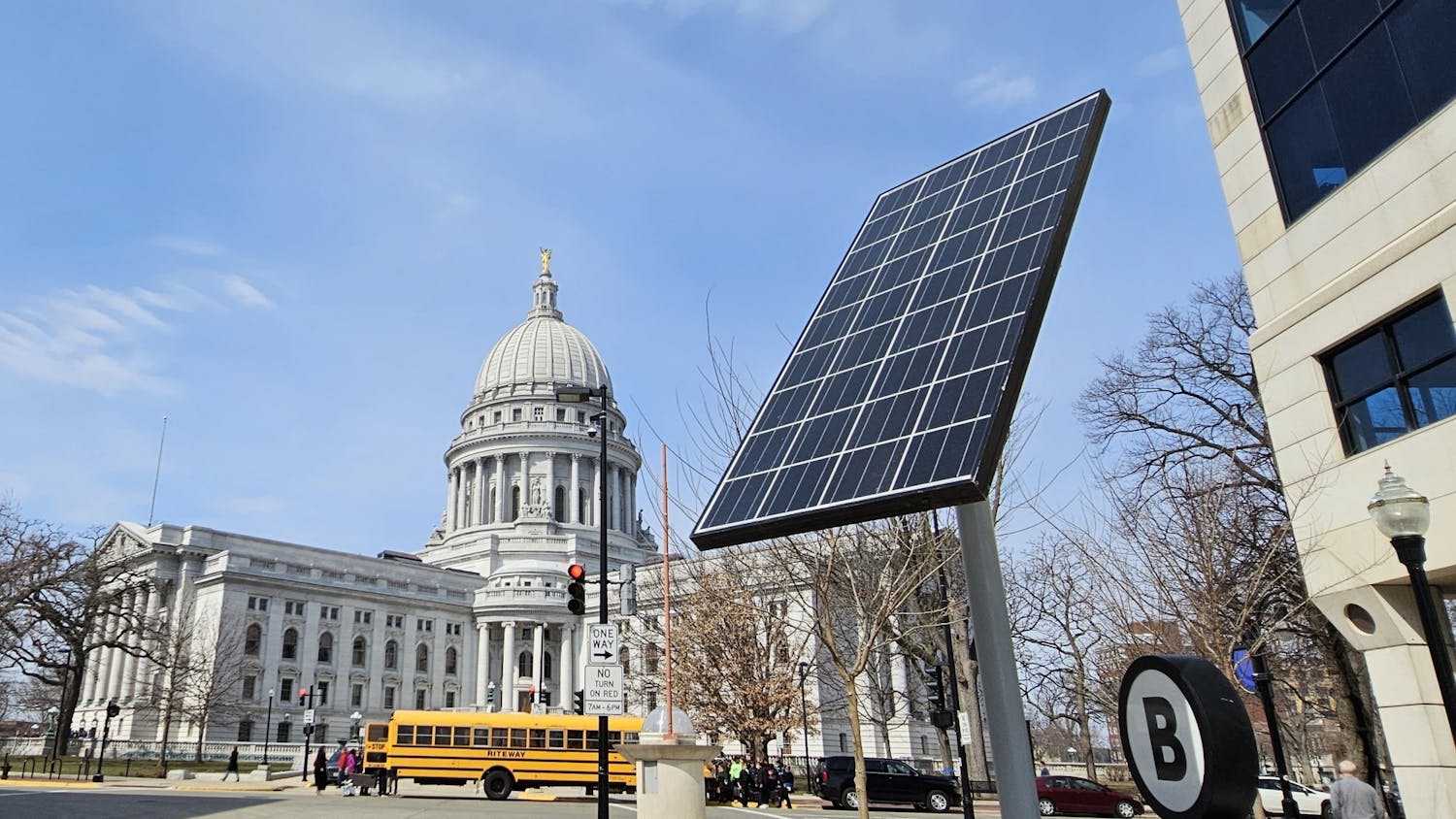Before I sat down to write today's column-my final bit of writing for The Daily Cardinal-I took a few moments to think back on my time writing for this paper. Looking back to my first column, I realized that I began my tenure at the Cardinal by criticizing the Bush administration and making it known what a bad idea I thought an Iraqi war would be.
It seems only fitting that I end my year by criticizing the Bush administration and making known what a bad idea I think the Iraqi war was.
I was disturbed this weekend when a friend suggested that most of those who lambaste the administration are merely liberal college students hopping on the bandwagon of trendy criticism, as if such criticism was an enjoyable form of light entertainment. Not only is bashing the president easy, the argument went, it makes one seem politically informed when one isn't necessarily so.
Perhaps my friend was right. Opinion is cheap and it doesn't take much effort to disparage those at the top of the food chain. They are pretty easy targets, after all.
I get the impression, however, that most of us who berate the Bush administration aren't in it for the entertainment value or because it makes us look clever. On the contrary, I suspect we wish we could spend our time doing something else, such as taking good leadership for granted and getting on with our lives.
As a graduating senior, I, for one, am finding it difficult to get on with my life in the present political and economic climate.
I am usually loath to blame the economic ups and downs of America on the president. It's easy enough to inherit a weak economy, after all, and events such as Sept. 11, 2001 can take a terrible toll.
I am happy to hold the president responsible for his economic policies, however. I'm still waiting for somebody to show me how cutting $350-$550 billion in taxes (down from the original proposal of $726 billion, thank God) over 10 years-during a period of soaring deficit spending, mind you-will \create jobs and lift stock prices"" as House Speaker Dennis Hastert claims it will.
New York Times columnist Paul Krugman, for instance, estimated such a cut would decrease most families' taxes by less than $800. For those in the top 1 percent income bracket, on the other hand, taxes would drop on average by $80,000. Not only would such a cut overwhelmingly benefit the wealthy, it is not likely to make the economy more robust. The impartial Congressional Budget Office has concluded that such a taxation plan ""would provide a relatively small impetus in an economy the size of the United States'.""
Still, even if the economy continues to flounder like a beached whale, House Republicans want to make sure the lights don't go out during the hard times, regardless of the environmental consequences. The energy proposal passed April 1, would initiate negotiations with the Senate to open the Arctic National Wildlife Refuge for oil drilling. Not surprisingly, the bill proposes generous tax breaks-$18.7 billion worth-for the energy industry.
Clearly, the key to securing America's energy future is to doggedly invest in the tired fossil fuel industry, and to increase production rather than make any effort whatever at reducing consumption. Proposals to increase automotive fuel efficiency by 5 percent or to regulate electricity more tightly or to reduce gas and oil company incentives were, of course, rejected by the innovation-loving, laissez-faire House. Hydrogen fuel cell research, apparently far less important than tax breaks for oil companies, was allotted a paltry $1.7 billion (or 2.2 percent of what we spent on war in Iraq) for the next five years. Now there's progress!
Under Republican leadership, this country's energy future will be rooted firmly in the past. Conservatives pride themselves on their belief in laissez-faire, or ""hands-off,"" economic policies, yet they consistently give the home-field advantage to powerful corporations with effective lobbies-like the fossil fuel industry. That's not laissez-faire, folks-it's unfair.
My message to fellow graduates in the class of 2003 is this: Use your college education to make your own life better, to be sure-but consider also using it in such a way that might lead to a more just society. The politicians don't seem to be getting us anywhere.
Our parents' generation has left us a very troubled world. Let's not make the same mistakes they did.





